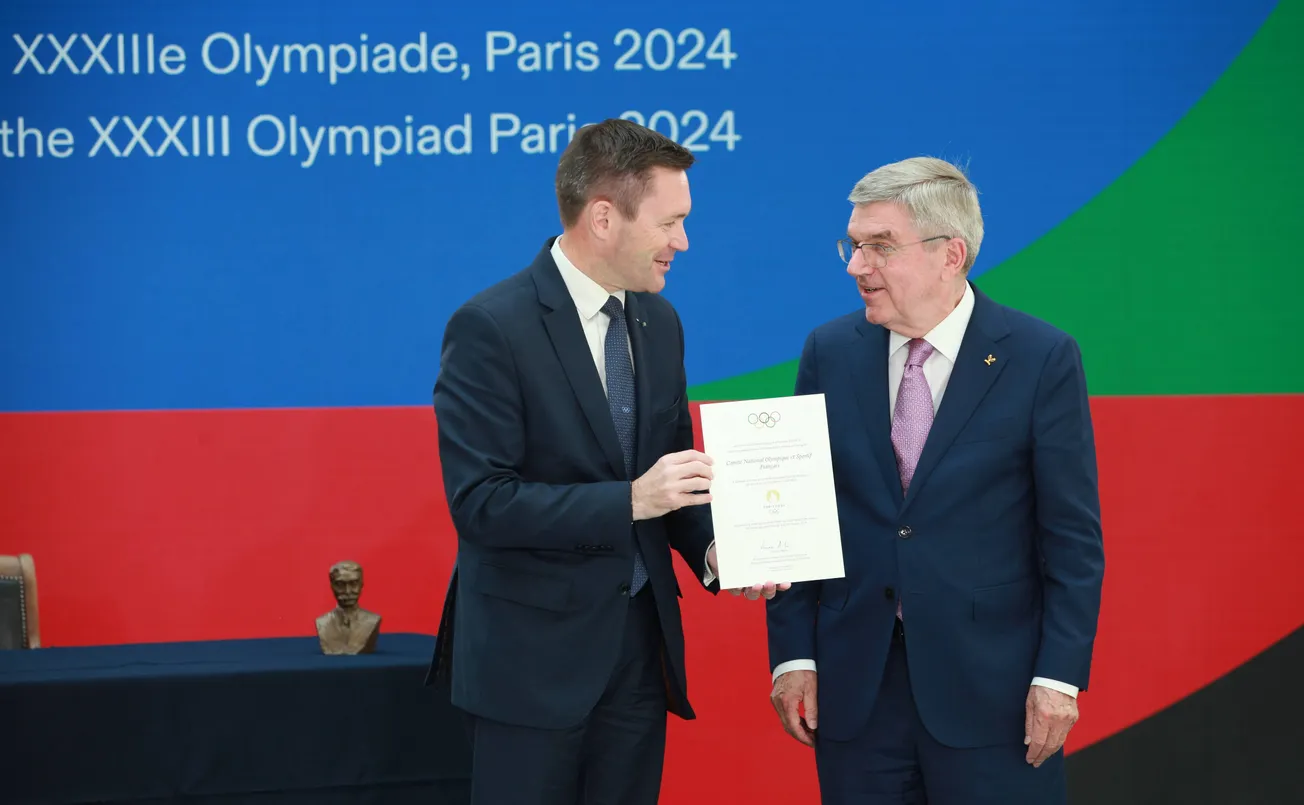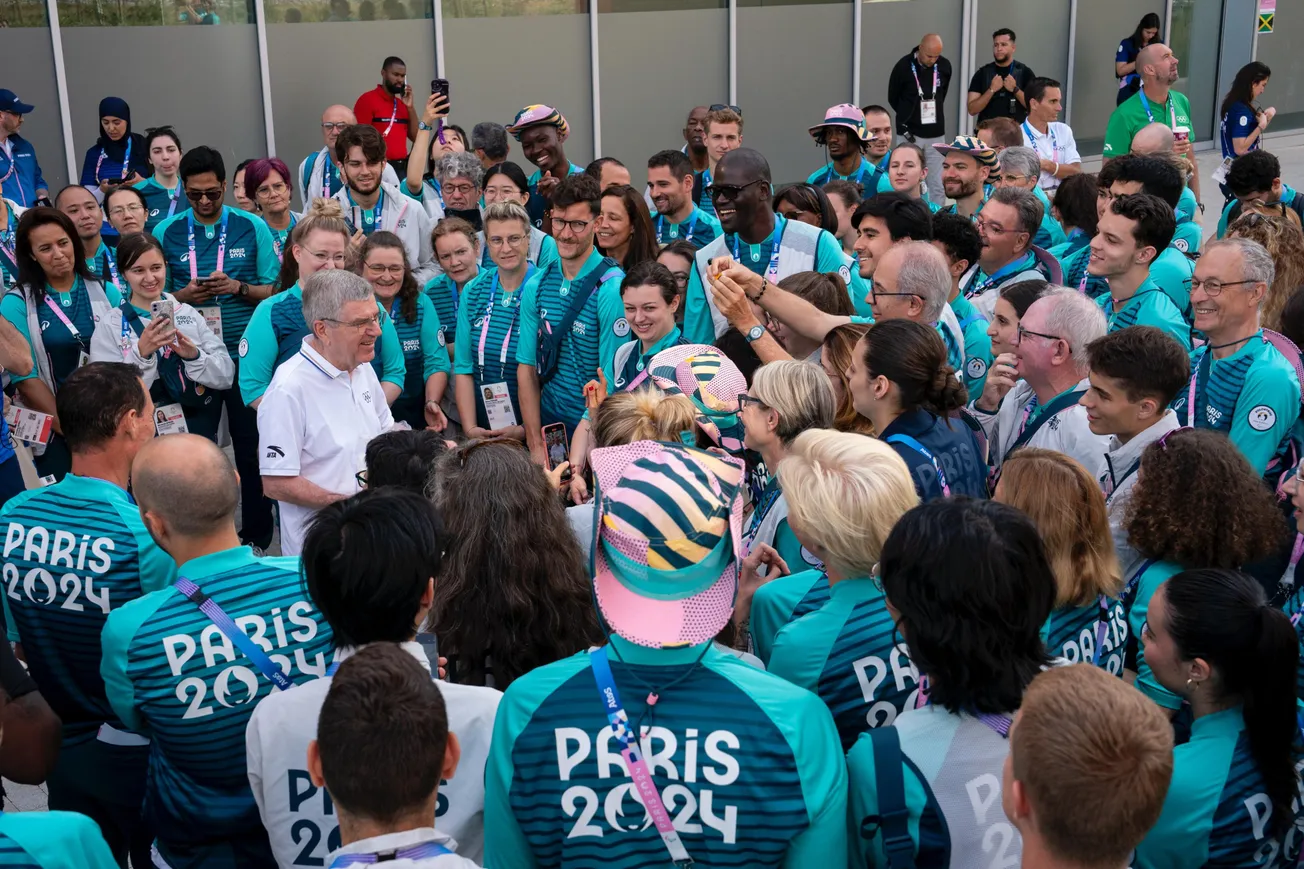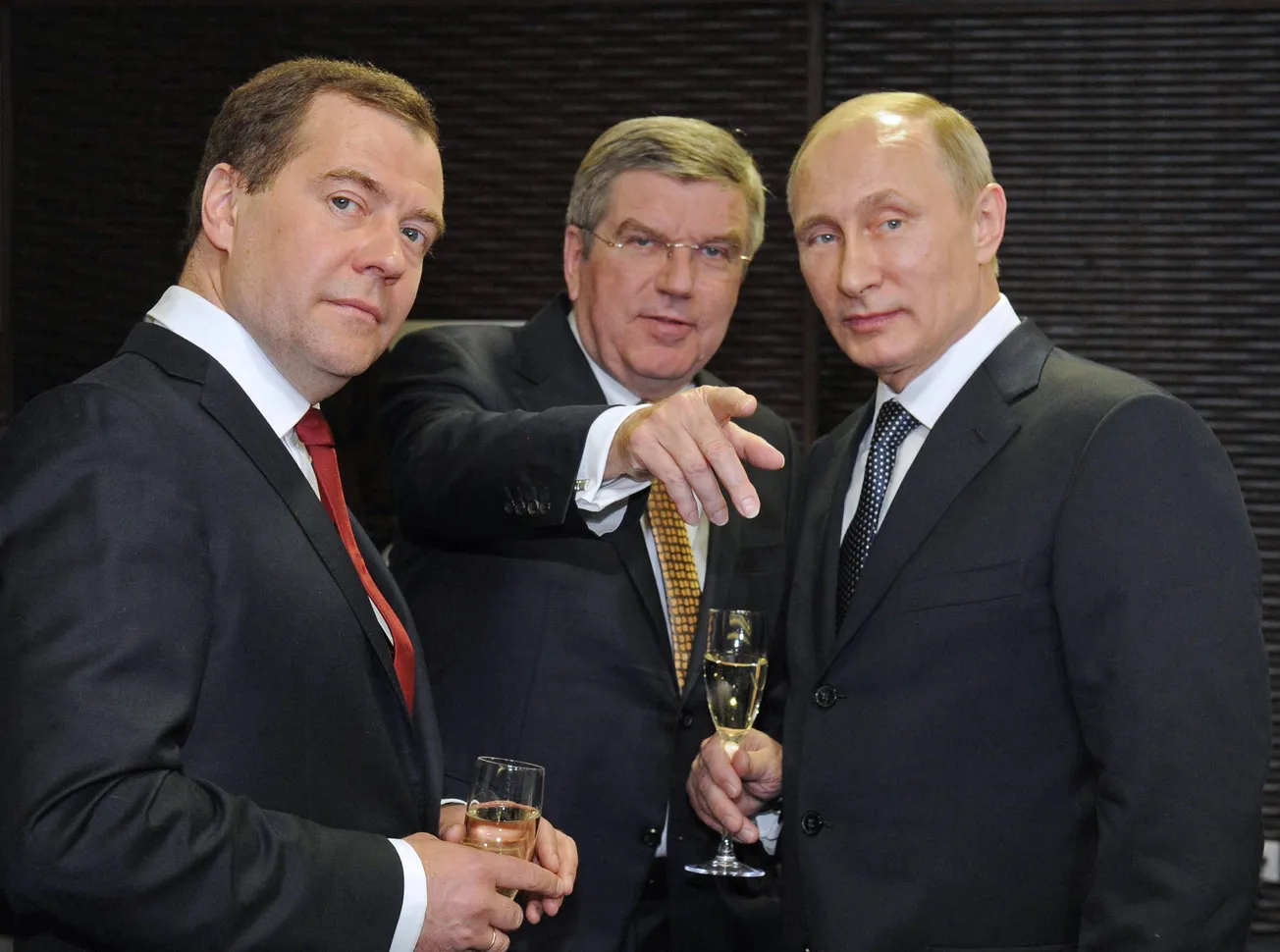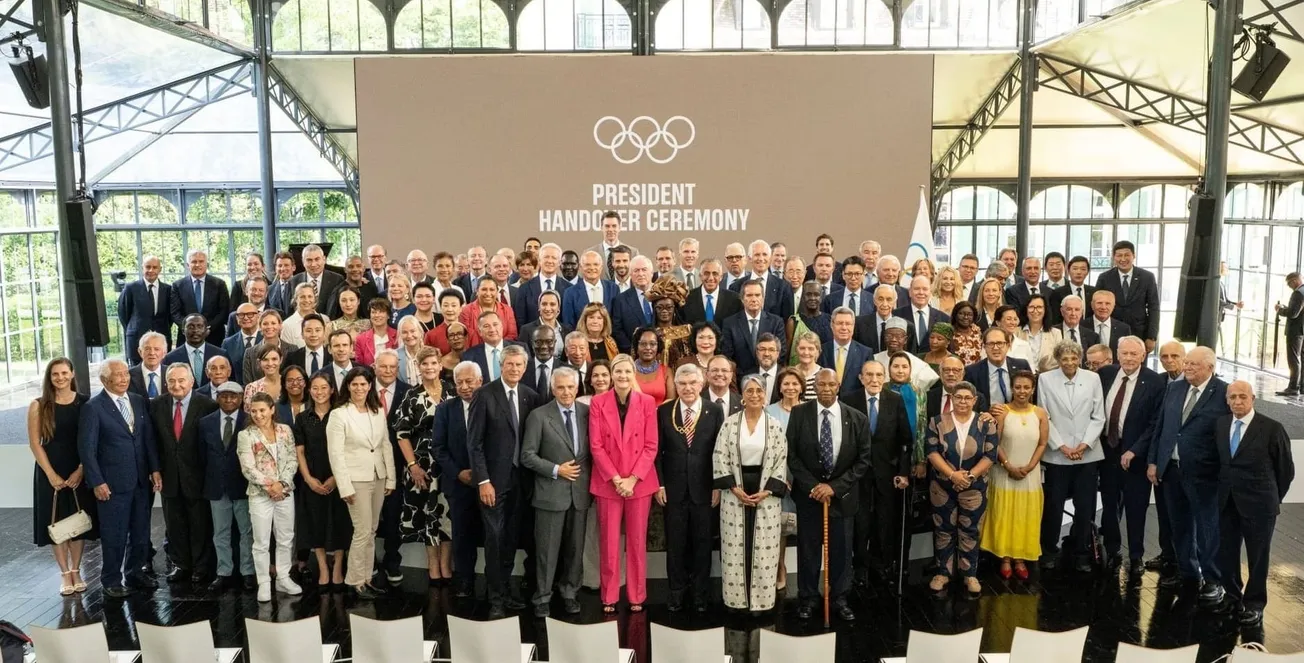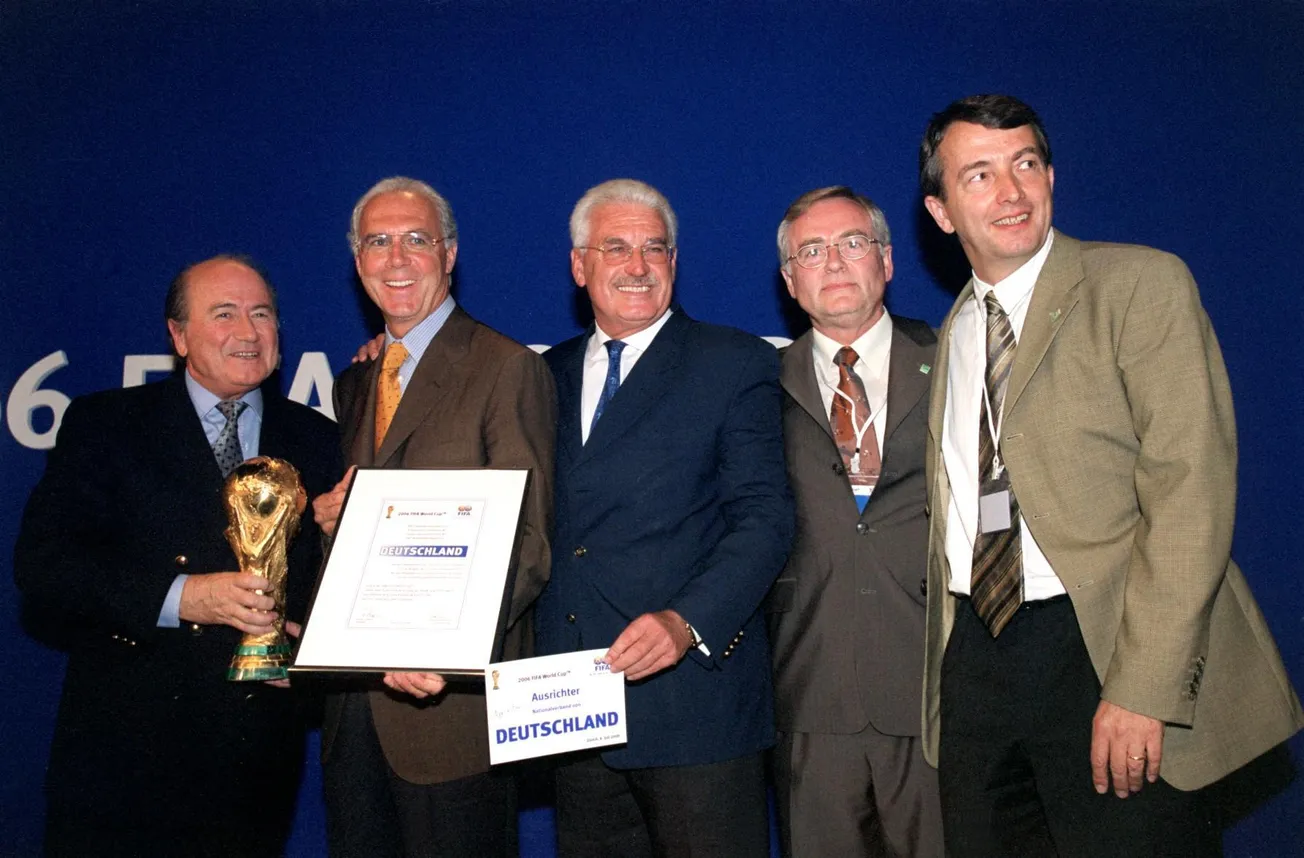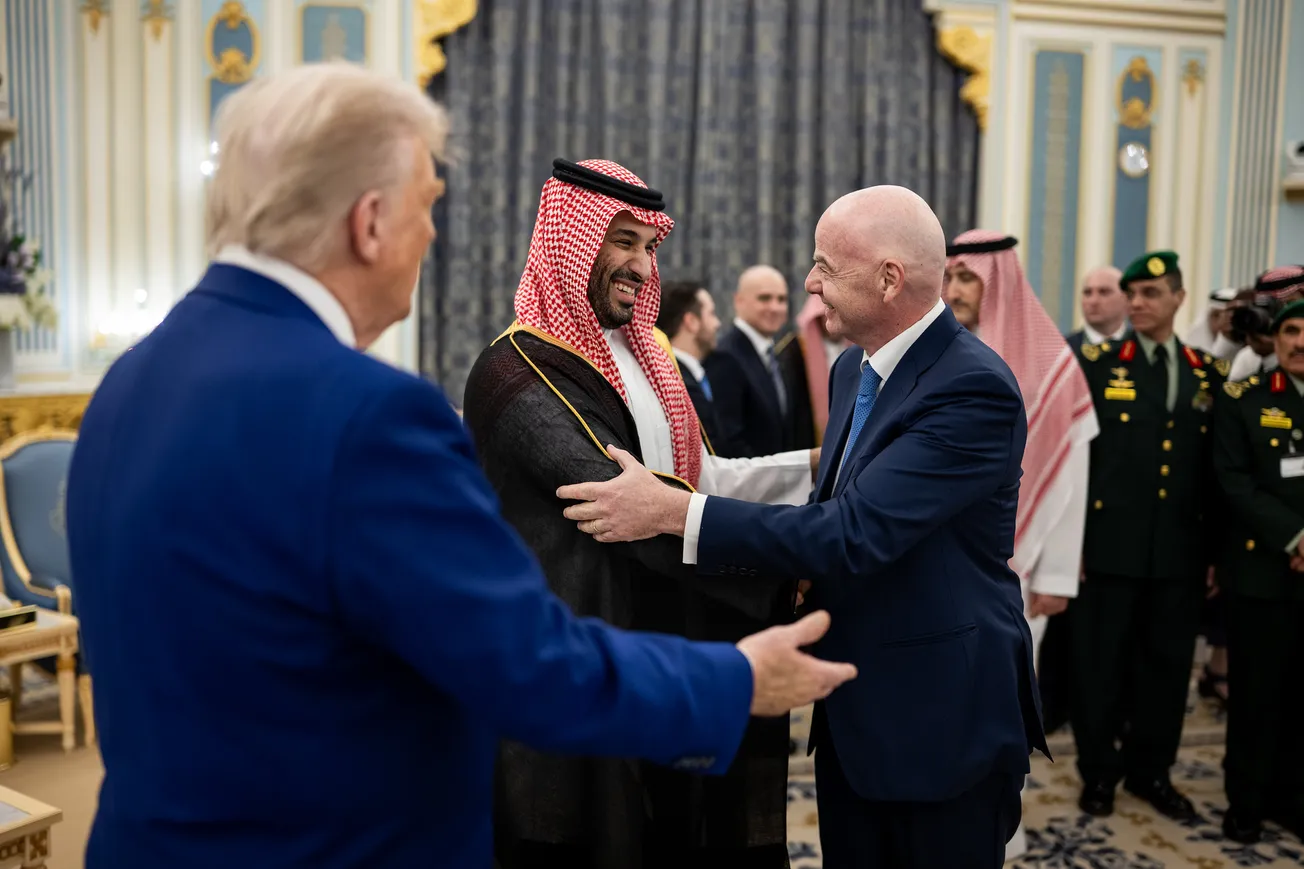The German National Library has two branches. One in Frankfurt am Main, where the German Olympic Sports Confederation (DOSB) and numerous sports associations are based. There is a second branch in Leipzig, the city that applied in vain for the 2012 Summer Olympics – and which was once the intellectual centre of GDR sport, along with its criminal excesses.
Some years ago I went to Leipzig to get closer to the man who was already playing a central role in world Olympic sport back then. The man I had been observing for more than twenty years, whom I researched, and about whom I had reported extensively.
So I ordered Thomas Bach’s doctoral thesis from the German National Library.
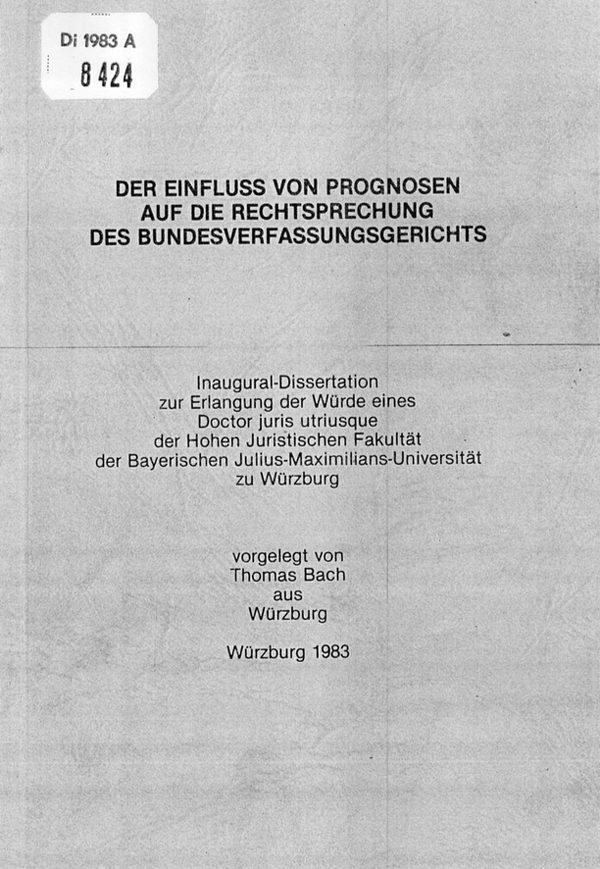
Then the little book that had interested me for a long time finally lay in front of me. Lime green cover. 211 pages. Signature Di 1983 A 8224. Nobody had asked for it for thirty years. The booklet seemed virgin, untouched. Neither side of this “Inaugural dissertation to obtain the dignity of Doctor juris utriusque of the High Law Faculty of the Bavarian Julius Maximilians University of Würzburg” was broken. The author: Thomas Bach, born on December 29, 1953 in Würzburg “as the son of the businessman Andreas Bach and his wife Maria”.
It is a very dry piece of work that Bach dedicated to his “dear wife” Claudia and submitted to Professor Georg Brunner. Oral exam on July 7, 1983. Doctorate on July 22, 1983, seven years after his Olympic victory with the German foil fencers in Montreal. Title of his doctoral thesis: “The Influence of Forecasts on the Jurisprudence of the Federal Constitutional Court”.
But Bach actually dealt with politics. In this dissertation, patterns and storylines shimmer through that have shaped Bach’s sport-political work ever since. For 38 years, whether as DOSB president, politician (he was involved in the Liberal party FDP for several years and is still a member), business lobbyist (for corporations such as Adidas, Holzmann, Siemens or MAN Ferrostaal) or as the highest Olympic dignitary on the planet.
“The doctoral thesis was about the interfaces between law and politics,“ Bach told me in Buenos Aires in 2013, shortly before he reached his goal and became President of the International Olympic Committee (IOC).
“It was about the mutual creative leeway. That interested me.”


